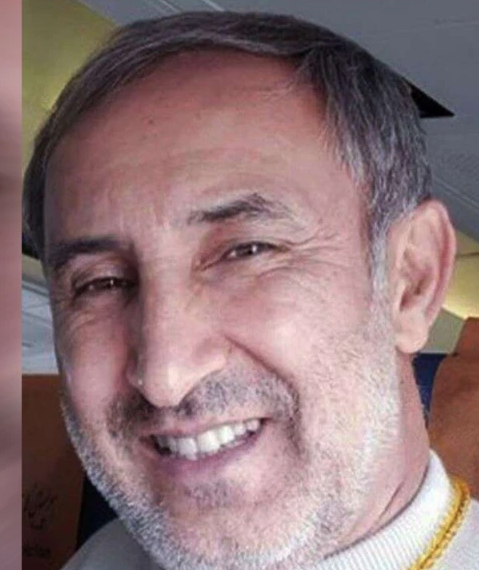August 06, 2021

Sweden will prosecute an Iranian man for committing war crimes by ordering the execution of members of the Mojahedin-e Khalq during the final phase of the Iran-Iraq war in the 1980s.
The Swedish Prosecution Authority said July 27 that the man worked in July-August 1988 as an assistant to the deputy prosecutor in the Gohardasht prison outside Karaj and took part in severe atrocities there.
The Swedish prosecutors said Iran’s then Supreme Leader, Ayatollah Ruhollah Khomeini, issued an order for the execution of all prisoners in Iranian prisons who sympathized or remained loyal to the Mojahedin-e Khalq.
Due to that order, a large number of prisoners were executed in the Gohardasht prison between July 30 and August 16, 1988, the prosecutors said.
According to a Swedish indictment, the suspect, “along with other perpetrators in the prison, participated in mass executions and is suspected of having intentionally deprived the lives of a very large number of prisoners who sympathized with the Mojahedin.”
Swedish prosecutors didn’t name the suspect, but he has been widely identified as Hamid Nouri, a 60-year-old former Iranian prosecutor. Swedish public broadcaster SVT said the man was arrested in November 2019 when he arrived in the Swedish capital and has been held in custody ever since.
War crimes “are one of the most serious crimes both internationally and under Swedish law. Because Sweden has ‘Universal Jurisdiction’ for violations of international law, we have both an opportunity but also a certain obligation to prosecute these crimes,” prosecutor Kristina Lindhoff Carleson said in a statement.
Universal jurisdiction allows international organiz-ations to claim criminal jurisdiction over an accused person regardless of where the alleged crime was committed, and regardless of the accused’s nationality, country of residence, or any other relation with the prosecuting entity. Amnesty International says that since the end of the Second World War at least 15 states have completed trials based on universal jurisdiction. Iran opposes the concept.
Nuri’s trial is set to start August 10 and is expected to last for several months. Amnesty International has noted previously that no Iranian official has faced charges over the 1988 mass executions.
Iranian media did not immediately report the charges.
